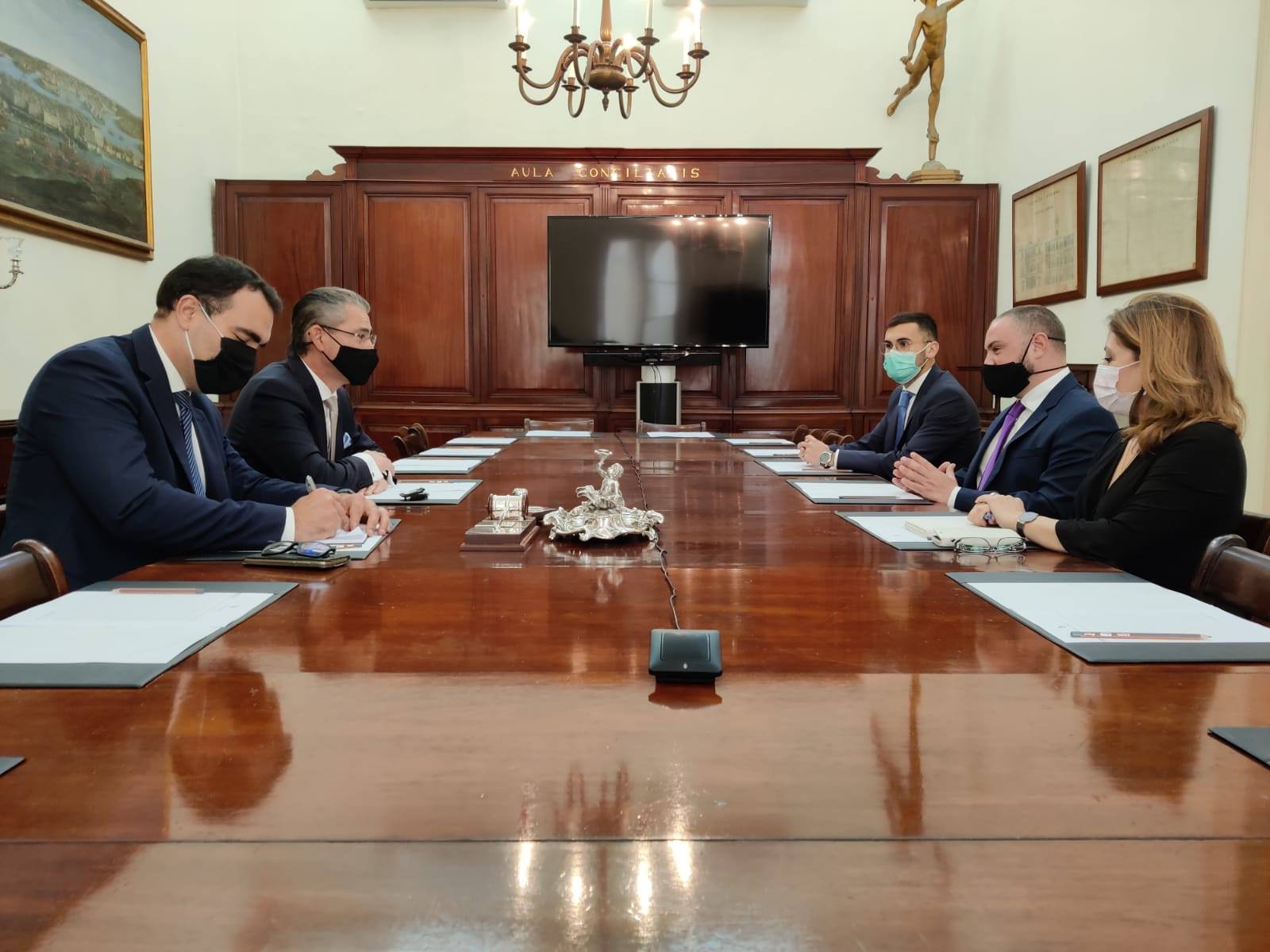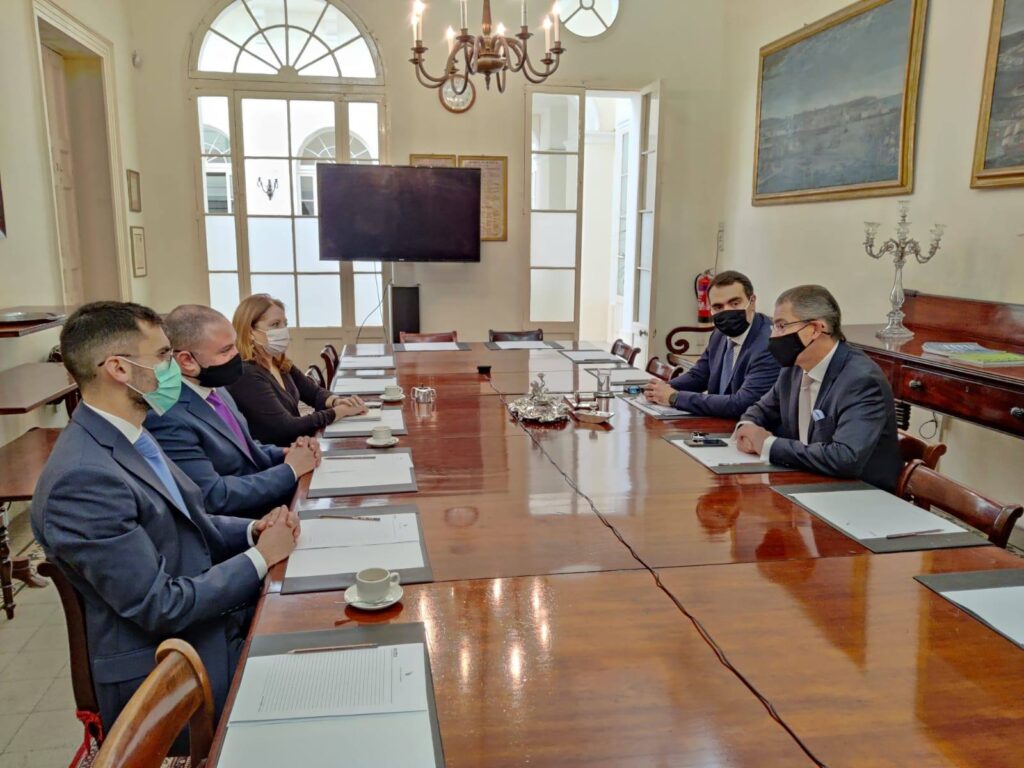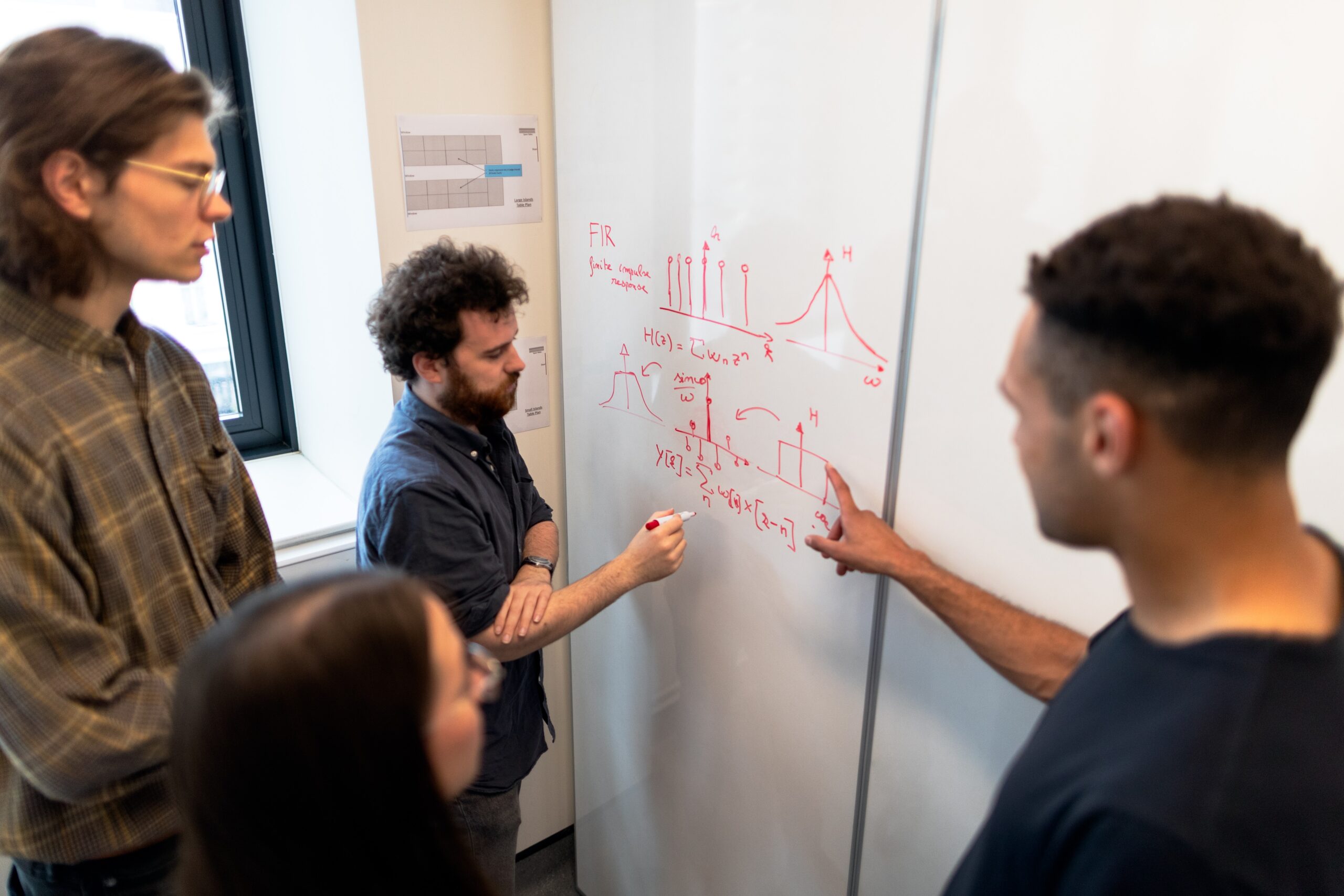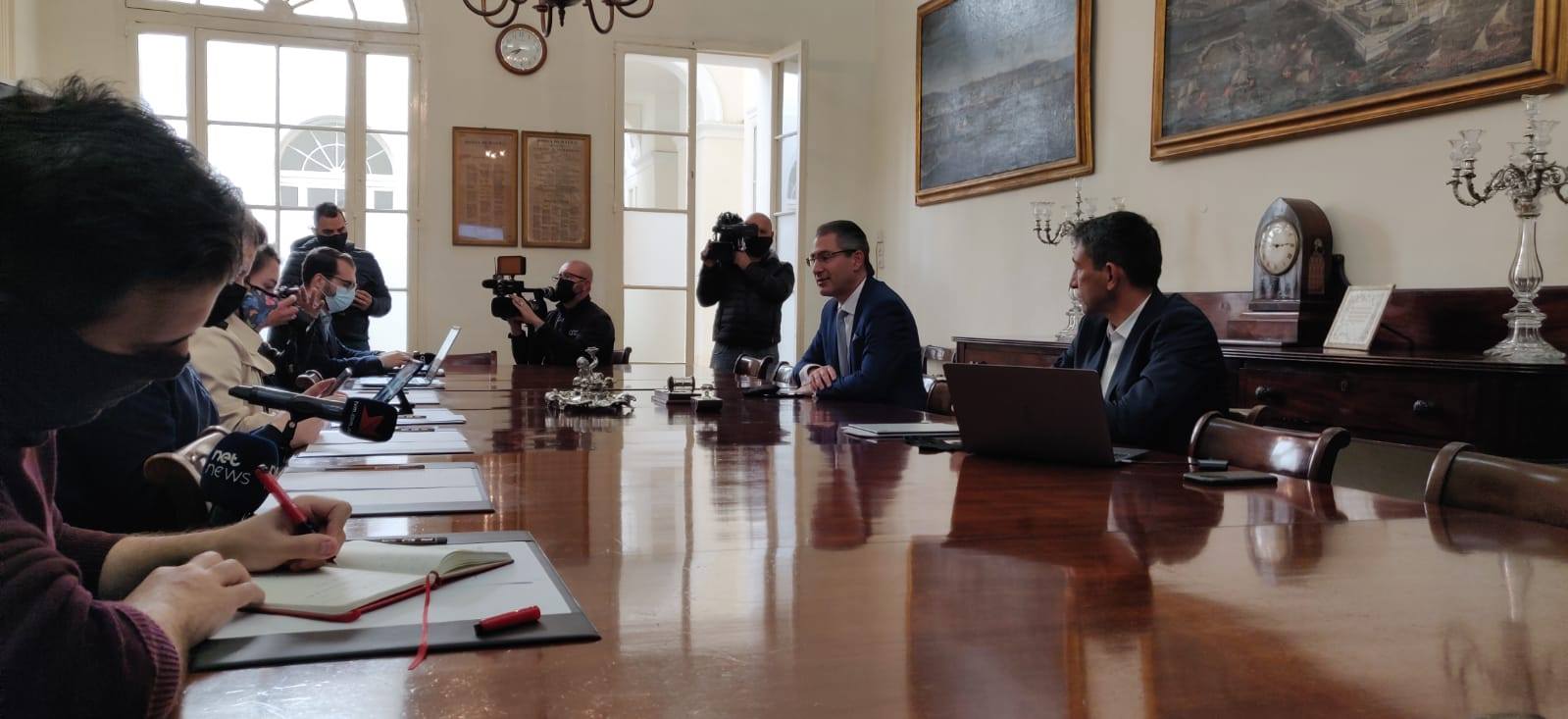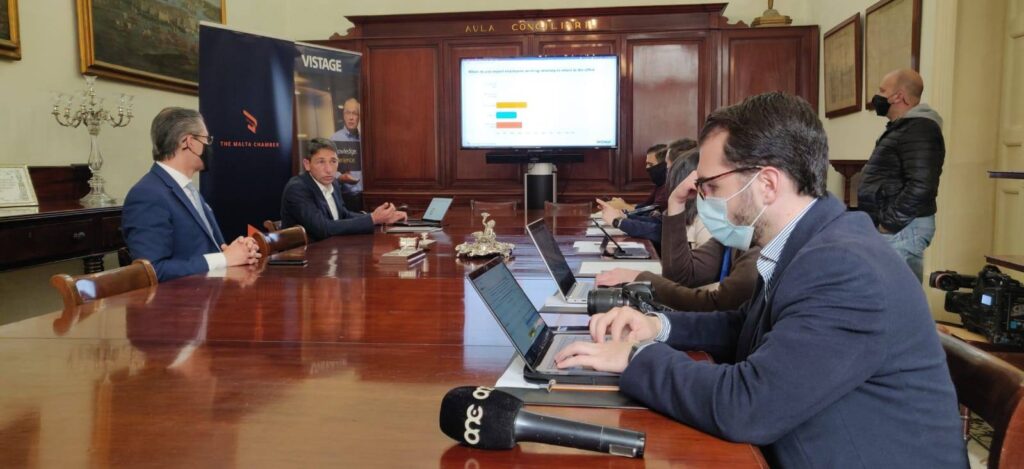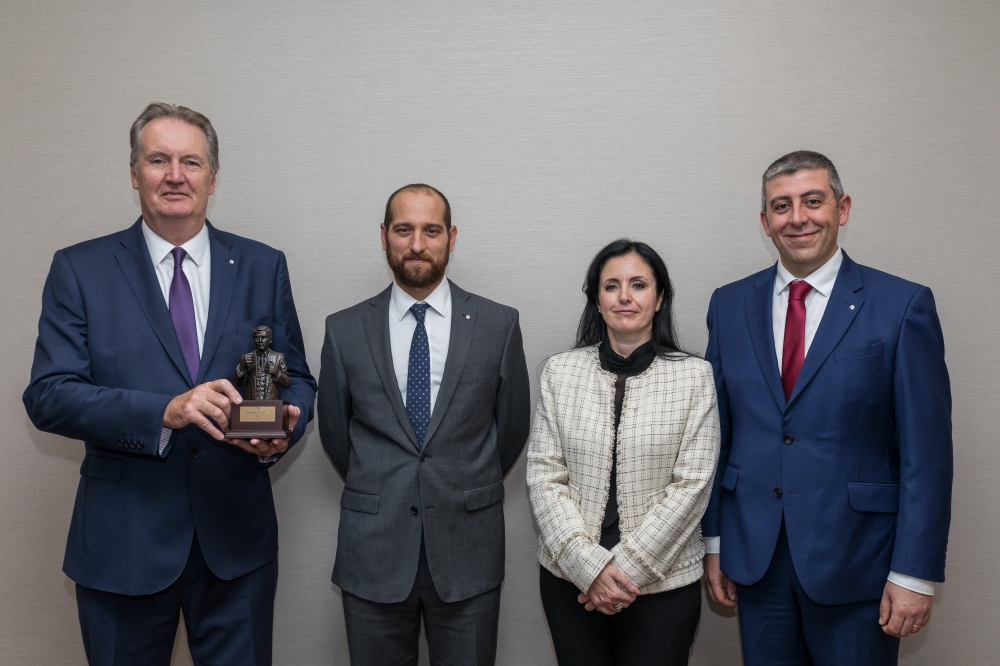As the public-private entity dedicated to helping Malta-based businesses go international, TradeMalta has witnessed closely the hardships, and hard work, of local companies with international business that have fought to cope with the economic fallout caused by the Covid-19 pandemic.
The degree of which, however, has varied from company to company, and from industry to industry. TradeMalta Chairman, Stephen Sultana, says the degree of internationalisation of each company also plays a part in its coping abilities.
“In general, I would say that companies that do not depend exclusively on one or two export markets for their survival have fared better than others. I would also venture to say that companies with a diversified product-service portfolio have been able to better cope with the challenges posed by Covid-19.”
The Chairman adds, “all in all, many companies in Malta have shown remarkable resilience in the face of this adversity. That said, resilience is not indefinite and the longer it takes for some degree of normality to return, the more difficult it becomes for those companies most directly impacted to remain viable. Fortunately, with the prospect of a vaccine in our sights, the uphill struggle to recovery seems a little less daunting.”
Zooming in on sector-specific responses, Mr Sultana says that, in the nine months or so since the start of the pandemic, not all industry sectors have been impacted in the same way or to the same degree.
“Companies directly and indirectly associated with the travel, transport, tourism, leisure and hospitality industries (in Malta and abroad) have been significantly impacted, as have the companies that supply products and services to these industries,” he asserts.
“The knock-on effect has been significant. In Europe and Malta, retail sales, and by implication the demand of a range of consumer goods and services, have also been hard hit. Some of this demand was shifted to online purchases, but a good portion of this demand has remained frozen as consumers wait for the current economic uncertainty to pass.”
By and large, Mr Sultana says that Maltese companies involved in international business have responded well and have certainly not taken the crisis lying down.
“On the contrary, many companies (in different industry sectors) have over the past few months gone into overdrive in their quest for new business, to counter the loss of business and drops in sales in Malta and abroad. We know of companies who are now consciously targeting potential export customers in markets and countries where the impact of Covid-19 has not been as severe, or in markets and regions that have managed to bring the pandemic under control.”
While some sectors have fared better than others throughout this time, Mr Sultana adds that each company is unique, and even companies within the same industry sector have adopted different coping strategies to the challenges posed by Covid-19.
“For example, some companies have put on hold product development initiatives as part of internal cost control measures, while others have taken the opposite route of developing new products and services in order to hit the ground running once an acceptable degree normality returns sometime during the course of 2021,” he asserts.
“Broadly speaking, one can say that companies with a diversified export product-service portfolio and a diversified export market base were probably in a better position to adjust to the Covid-19 induced market fluctuations and to absorb the repercussions of the pandemic on their international business.”
Sharing his thoughts on survival strategies for companies to adopt in this precarious time, Mr Sultana asserts that there is no ‘one size fits all’ type of prescription. However, based on his interaction with companies that utilise the services offered by TradeMalta, there are coping mechanisms that may have general applicability.
“First, take time to review your business model and your existing export strategy and identify what strengths, weakness and vulnerabilities Covid-19 has exposed, and try to address these in a systematic fashion,” he states.
“Second, stay close to your existing export customers, even if sales have dipped or stopped and be especially aware of what your competitors are up to, bearing in mind that your customers and clients overseas are probably also feeling the pinch of Covid-19 and are therefore more vulnerable and probably more receptive than usual to offers or proposals from competitors.”
The Chairman continues by suggesting using the time in hand to research new export markets, identify new opportunities and work on identifying new potential customers within new and existing markets.
“Fourth, develop action plans on how to tackle or enter these new markets in anticipation of a return to normality, but don’t wait until things return to complete normality before implementing such plans. Initiate practical contact-making and new lead development now, so that when things start to return to normal, one can hit the ground running.”
If the Europe-wide roll out of the vaccine does indeed take place within the next four to six months, Mr Sultana believes things should improve quickly, as travel and social activity restrictions are eased and as pent-up demand for a variety of goods and services is released.
“While things will not change overnight, even with a vaccine close at hand, companies can continue to pursue their internationalisation strategies with the comfort of knowing that there is a clear end in sight. This will provide companies with the required confidence to ‘get out there’ and continue where they left off.”
Speaking frankly about 2021 and the challenges the new year is expected to bring to those involved in international business, despite the imminent availability of a vaccine, Mr Sultana says uncertainty is top of the list. “The resilience that many companies have shown in Malta and across Europe thus far can’t be maintained indefinitely. The longer it takes for a reasonable degree of normality to return, the greater the likelihood of an enduring recession which would obviously put further stress on companies and the economies in which they operate.”
“However,” he continues, “judging by the growing number of companies utilising the services of TradeMalta during past months, we’re optimistic that once things start to return to a modicum of normality, many economies, including ours, will rebound fairly quickly.”
While the persistence of the pandemic has brought about widespread hardship, it has also presented opportunities for new ways of doing international business and establishing, strengthening and maintain business relationships.
“Ultimately, all business, particularly international business, is based on trust and personal relationships. The Covid-19 induced restrictions on travel and physical interaction have forced companies to seek alternative or ‘digital’ means of establishing and maintaining such relationships,” says the TradeMalta Chairman, namely through virtual platforms of communication. “What was previously an exception has now become the rule, and this new way of working has been embraced by the vast majority of companies.”
He adds that companies are also warming to the idea of taking part in virtual exhibitions and networking events, where companies can use digital platforms to showcase their goods and services and enter virtual discussions with interested parties.
“A growing number of enterprises, particularly SMEs are embracing this novel approach to international business. If executed properly, it can prove to be a cost-effective export development tool,” Mr Sultana continues. “Trade Malta is also gearing up in this area and there are plans to organise a number of virtual Trade Missions during the course of 2021 and beyond.”


